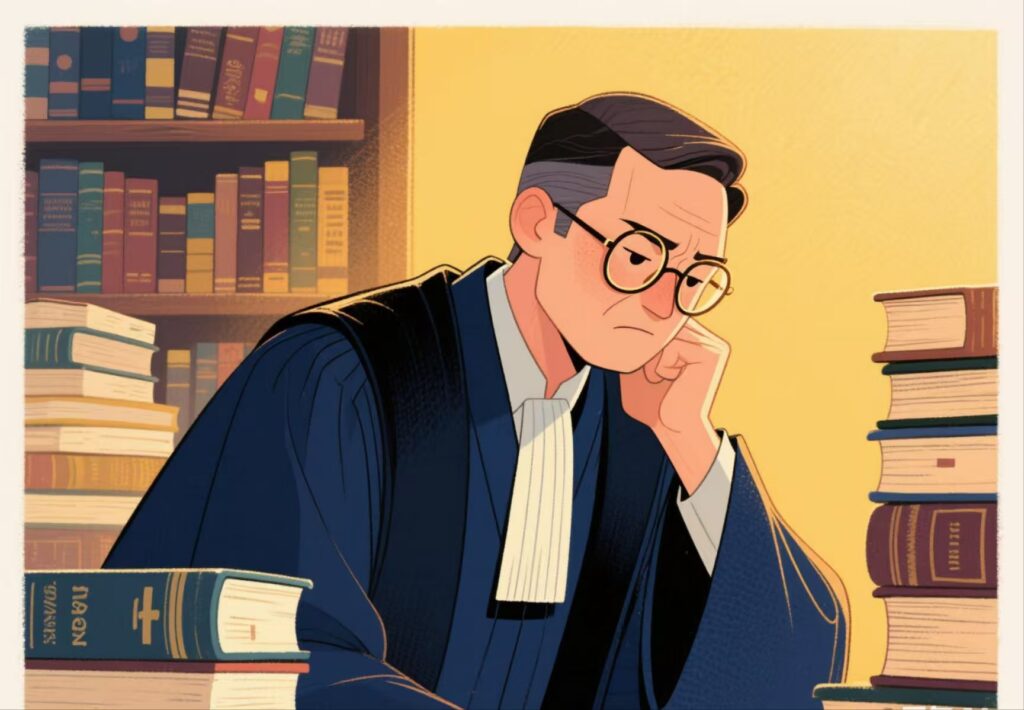In a world where laws and regulations shape our daily lives, attorneys play a critical role in maintaining fairness, justice, and order. Whether you’re dealing with a personal injury case, navigating a complex business dispute, or seeking advice on legal matters, the guidance of an experienced attorney can make all the difference.
But what exactly is an attorney, and why is their role so essential?
What is an Attorney?
An attorney—also referred to as a lawyer—is a professional trained in the law who is licensed to represent clients in legal matters. They serve as advocates for their clients, advising them on legal rights, responsibilities, and the implications of various decisions. Attorneys may specialize in a wide variety of fields, including criminal law, family law, corporate law, real estate, and more.
In essence, an attorney acts as a trusted advisor and representative, helping clients navigate legal complexities with the goal of achieving the best possible outcome.
Key Roles and Responsibilities of an Attorney
Attorneys are entrusted with numerous responsibilities, all aimed at protecting their clients’ legal rights. Some of their most essential roles include:
Legal Advice and Consultation: Attorneys offer legal counsel to help individuals, businesses, and organizations understand the legal implications of their actions. Whether you’re creating a will, negotiating a contract, or starting a business, an attorney can guide you through the complexities.
Representation in Court: One of the most well-known functions of an attorney is representing clients in legal proceedings. Whether in criminal, civil, or family court, attorneys present evidence, cross-examine witnesses, and argue on behalf of their clients to secure favorable outcomes.

Negotiation and Mediation: Not all legal matters end up in court. Attorneys often help clients settle disputes out of court through negotiation or mediation. Whether it’s a business contract dispute or a divorce settlement, a lawyer’s role is to negotiate terms that benefit their client.
Drafting Legal Documents: Attorneys are responsible for drafting a wide range of legal documents, including contracts, wills, deeds, and legal notices. These documents must be precise and legally sound to avoid future issues.
Ethical and Legal Representation: Attorneys are bound by a code of ethics and must act in their clients’ best interests. This means maintaining confidentiality, avoiding conflicts of interest, and providing honest, clear advice, even if it’s not what the client may want to hear.
Why Attorneys Are Essential to Society
Without attorneys, the legal system would become chaotic and inaccessible. They ensure that everyone, regardless of background or status, has access to fair representation in legal matters. Attorneys help uphold constitutional rights, defend the innocent, and ensure justice is served in both criminal and civil cases.
In a broader sense, attorneys contribute to societal stability. By interpreting and enforcing laws, they help regulate social behavior, protect the vulnerable, and ensure that businesses and individuals comply with legal standards. Attorneys are integral in fostering a just society where rights are upheld, and justice is pursued.

